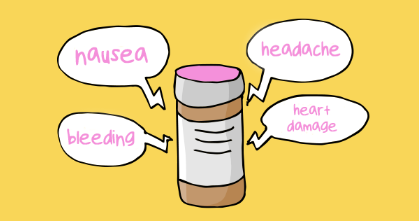The elderly have different pharmaceutical requirements than children and younger adults, so let’s take a look at some of the medication issues the elderly experience.
1. Medication amount
Older adults may take several medicines each day. Some may need to be taken at different times. Others may resemble each other, which can lead to accidentally taking the wrong medication.
2. Care providers
Elderly patients may talk to both specialists and their main doctor. Each professional may endorse drugs that may not be compatible with recommendations from another provider.
You can learn how to dispense medication safely through safe handling of medication training courses.

3. Medicine safety
Older adults may continue taking the medication they took when they were younger without realising its safety reduces with age; for example, ibuprofen heightens the chance of stomach bleeding, which is a more significant issue for the elderly.
4. Label clarity
Age UK says that eye afflictions become frequent with age. Many medicines have small print tags, with declining eyesight making reading these labels difficult.
This affects the safe handling of medication, as the elderly patient may take the wrong medicine or the incorrect dose.
5. Medication after surgery
If elderly patients need medication after surgery, the new drugs may affect their current medication. Different drugs can influence the effectiveness of other medications. Other medicines may produce side effects after interacting with each other.

6. Confusing side effects
Elderly patients may disregard medication side effects if they resemble aftereffects from medical conditions; for example, a person may experience dizziness after a new drug but may overlook this if they already endure dizziness from hypertension.
Addressing the medication issues above can help to improve the well-being of elderly patients. You can learn how to handle medication through certified training courses.

